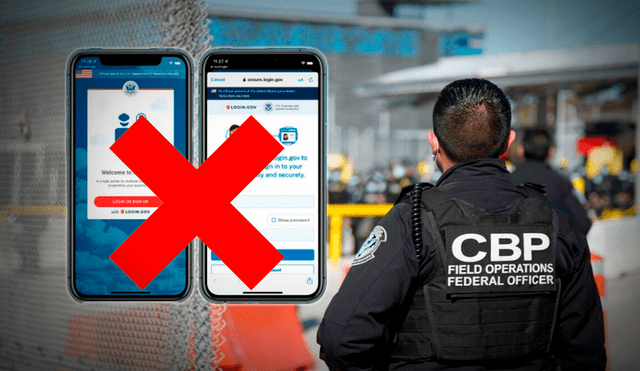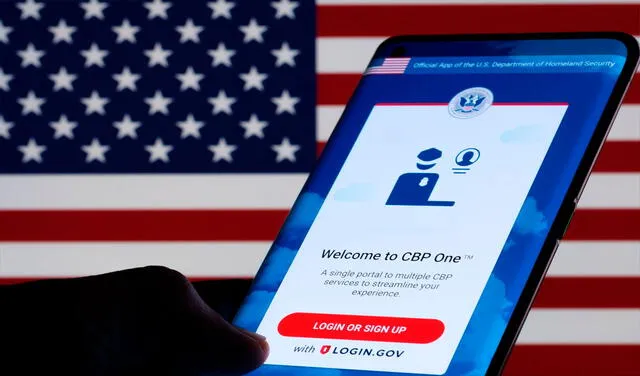CBP One app deactivated under Trump Administration: What’s next for border security in the US?
The Trump administration has shut down on his first day the CBP One app, disrupting legal entry for migrants into the US.

President Donald Trump wasted no time implementing his immigration agenda, ordering the immediate shutdown of the CBP One app. Originally launched during the Biden administration, the app had been a crucial tool for migrants seeking legal entry appointments at U.S. ports of entry. The sudden deactivation has left thousands of migrants stranded in border regions, raising concerns among immigration advocates and humanitarian organizations.
The app's closure marks a significant shift in U.S. border policy, aligning with Trump's promise of stricter immigration measures. The administration’s move has sparked debate over its impact on border security, humanitarian efforts, and the future of U.S. immigration policy.
Trump's new immigration policies
The deactivation of the CBP One app is part of a broader immigration strategy under the Trump administration. During his inaugural address, Donald Trump declared a national emergency at the southern border and announced plans to deploy additional troops. He also signaled the return of the controversial "Remain in Mexico" policy, requiring asylum seekers to stay in Mexico while their cases are processed in U.S. courts.
Furthermore, Trump’s administration has proposed classifying specific drug cartels as foreign terrorist organizations and leveraging the 1798 Alien Enemies Act to expedite deportations. These measures aim to tighten border control and address national security concerns but have sparked criticism from human rights organizations and legal experts.
Critics of Trump’s immigration policies argue that shutting down the CBP One app and implementing more stringent measures could exacerbate the humanitarian crisis at the border. Without the app’s structured system, migrants may face increased risks, including exploitation and unsafe travel conditions.
Legal experts anticipate significant challenges to these policies. Similar measures during Trump’s first term faced judicial scrutiny, and the current proposals may undergo the same fate as courts evaluate their legality and alignment with human rights obligations.

The deactivation of CBP One created a 'chaos' in the US-Mexican border, according to ABC News. Photo: CK Law Firm.
What was CBP One, and what's next for border security?
The CBP One app was a groundbreaking tool introduced in 2023 to streamline legal entry processes for migrants. By allowing users to schedule appointments at ports of entry, the app facilitated nearly one million successful legal entries within two years. For many migrants, it provided a structured and transparent pathway to seek asylum or other forms of legal entry.
Its sudden termination has disrupted the lives of thousands, particularly in border towns like Tijuana and Matamoros, where migrants relied on the app for crucial access. Advocacy groups warn that the app’s removal could lead to increased unauthorized crossings as migrants seek alternative methods to enter the United States.
The deactivation of the CBP One app signals a turning point in U.S. border policy, prioritizing enforcement over facilitation. The Trump administration’s focus on stricter immigration controls and national security measures suggests a departure from previous strategies aimed at balancing humanitarian needs with border management.
Moving forward, the administration will need to address the consequences of these changes, including potential surges in unauthorized crossings and strained relations with neighboring countries. As debates over the effectiveness and morality of these policies continue, the future of U.S. border security remains uncertain.
